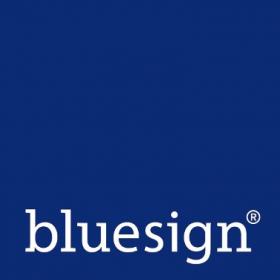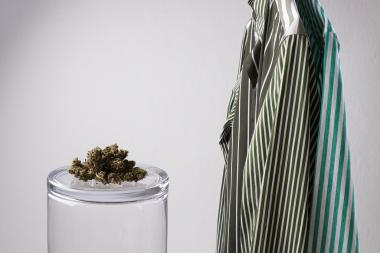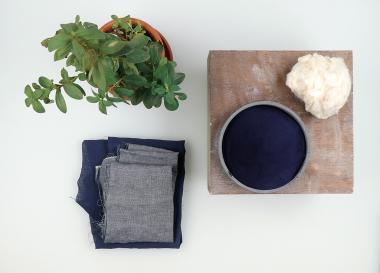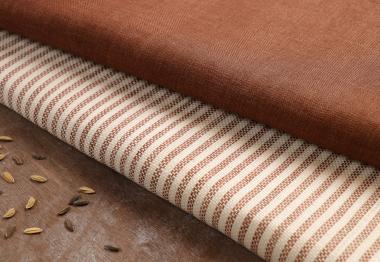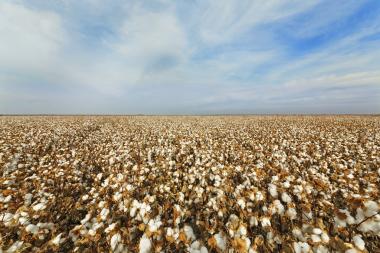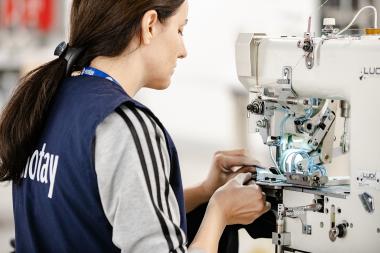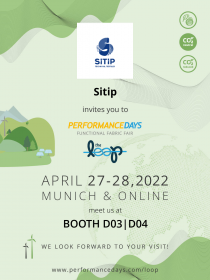EURATEX and ATP: 10th European Textile & Apparel Convention in Porto
On 13-14 October, EURATEX in partnership with ATP is organising the 10th European Textile & Apparel Convention in Porto, Portugal; the convention marks also the 24th Textile Industry Forum for Portugal.
The Porto Convention – titled Sustainability meets Competitiveness: How to Square the Circle? – will look at how companies can anticipate the new European regulatory framework, embrace innovation, and develop a business model where sustainability becomes a source of competitiveness and growth. In the current economic, social and political environment, Europe is facing many challenges: increased energy prices, unforeseen inflation and climate change, which add to the day-to-day challenges of running a business. Embracing the European Union’s commitment to a green and digital transformation, the textile industry needs to also move towards a new circular economy where recycling is at the core of the design process supported by digitalisation, innovation and new skills, and creativity. The conference will address explore solutions to turn quality and sustainability into a source of competitiveness.
The Porto Convention will see representatives of national and European institutions, experts from the industry and like-minded entrepreneurs come together to discuss ideas, share experiences and find solutions to face common challenges.
EURATEX















